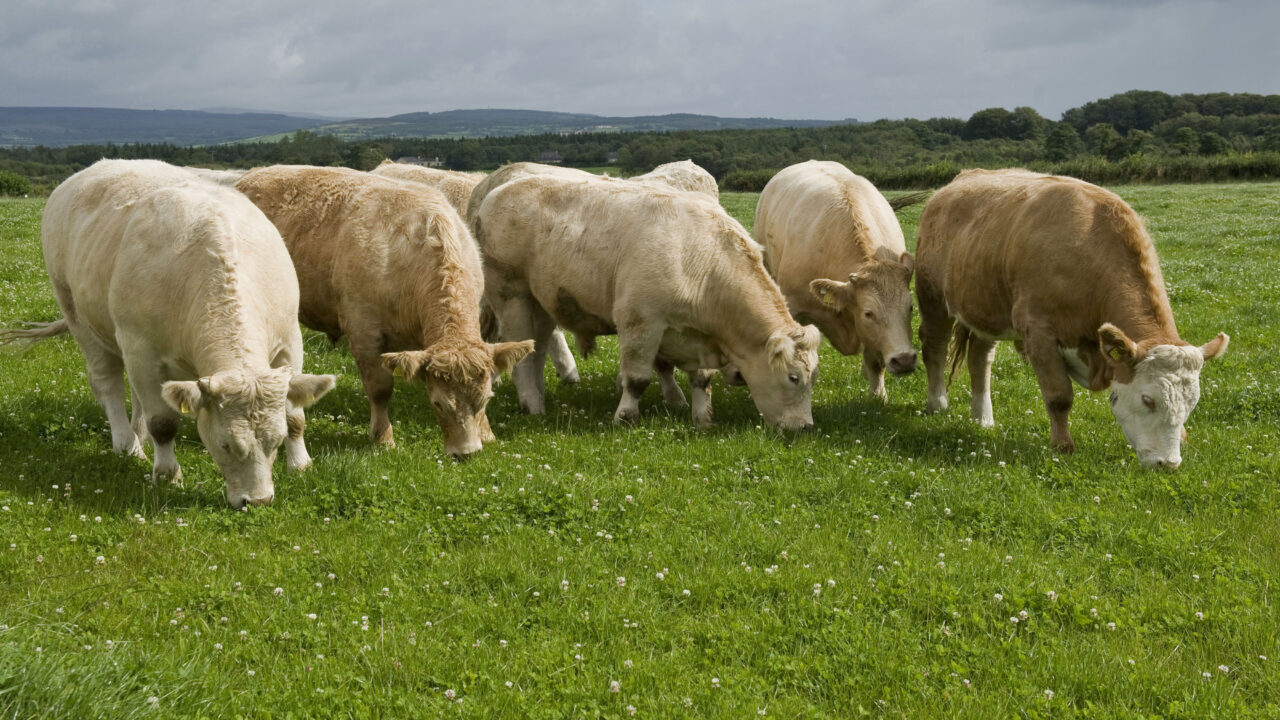Michigan University is using an anaerobic digester to turn manure into clean water and says it can also extract nutrients to serve as fertiliser.
Known as the McLanahan Nutrient Separation System, the technology takes an anaerobic digester, which takes waste, such as manure, and produces energy as a byproduct – and couples it with an ultrafiltration, air stripping and a reverse osmosis system.
The result, or at least one of the results, is water clean enough for livestock to drink, or, at the very least, to dispose of in an environmentally friendly manner.
“If you have 1,000 cows on your operation, they produce about 10 million gallons of manure a year,” said Steve Safferman, an associate professor of biosystems and agricultural engineering who is involved in the project. “About 90% of the manure is water but it contains large amounts of nutrients, carbon and pathogens that can have an environmental impact if not properly managed.”
While turning the manure into clean water makes environmental sense, the team also is conducting research on how it can make good financial sense for farmers. And in some cases it could have a significant impact on the long-term viability of the farm. “Here in Michigan we have a tendency to take water for granted,” Safferman said. “But out west, for example, where drought remains an issue, the accessibility of clean water could make the difference between a farm remaining viable or going out of business.”
The process “goes beyond a typical digester,” said Jim Wallace, by extracting nutrients from the manure that can be harmful to the environment and can be re-used as fertiliser.
